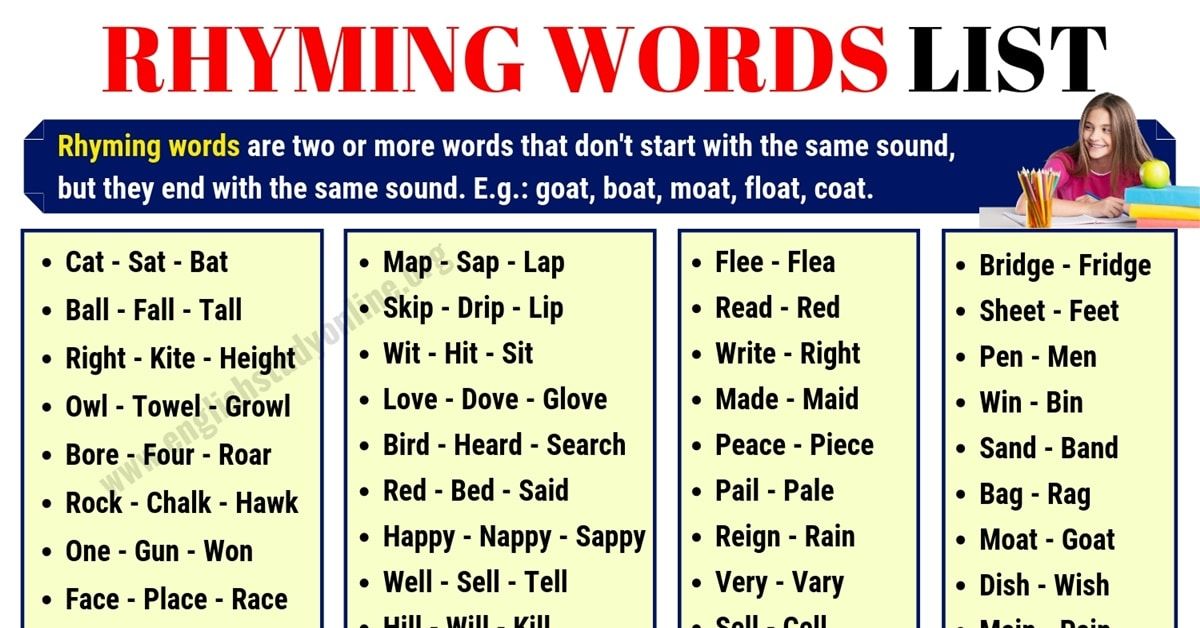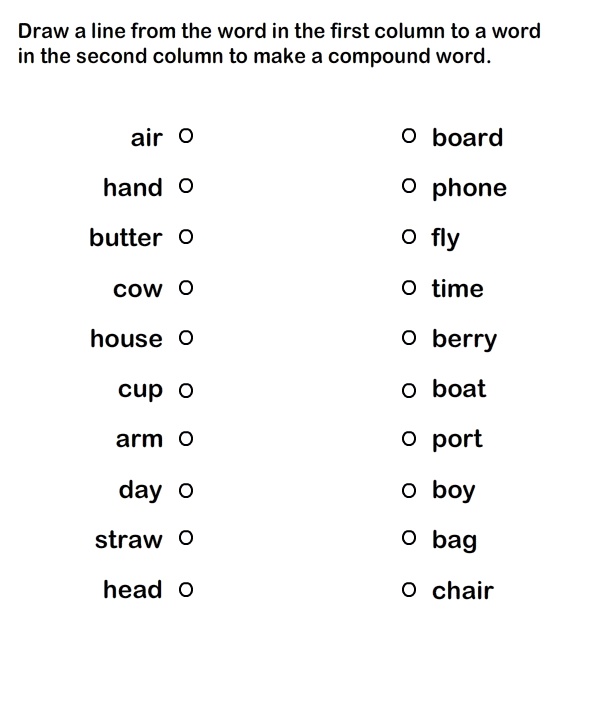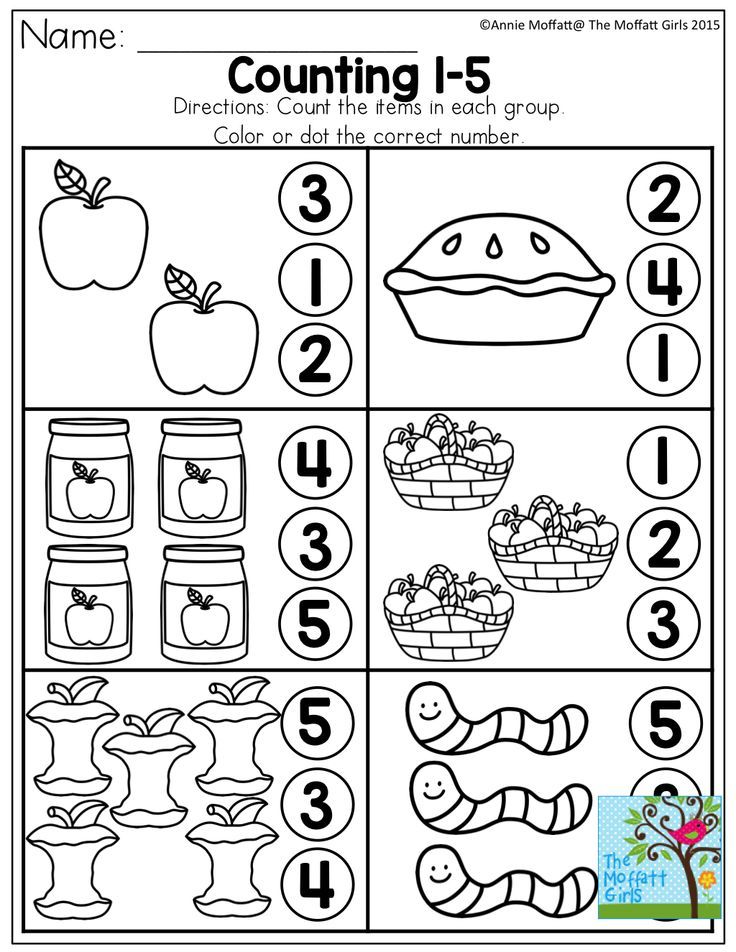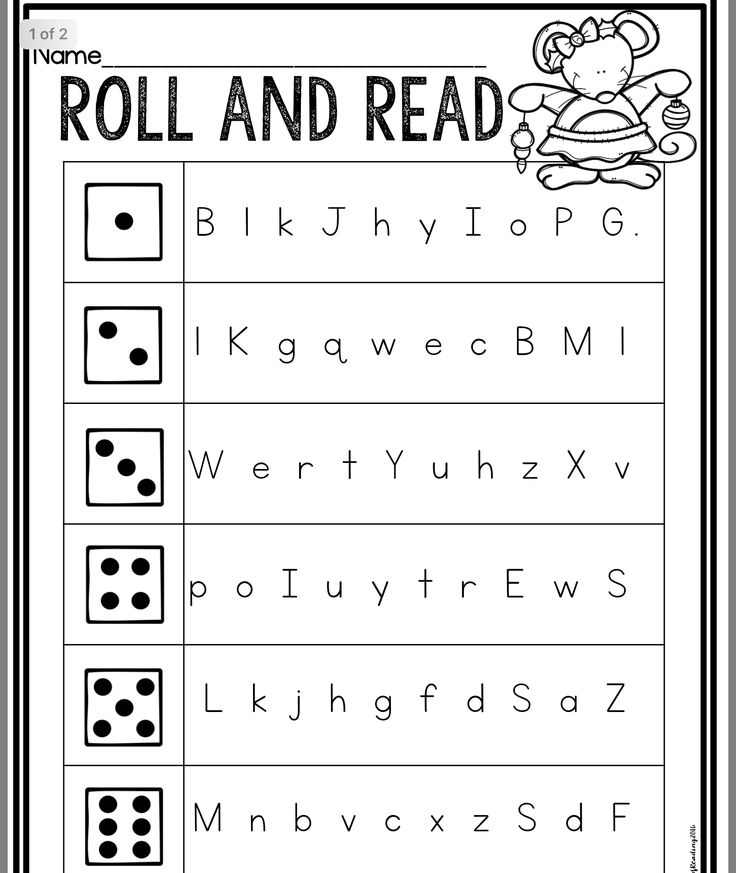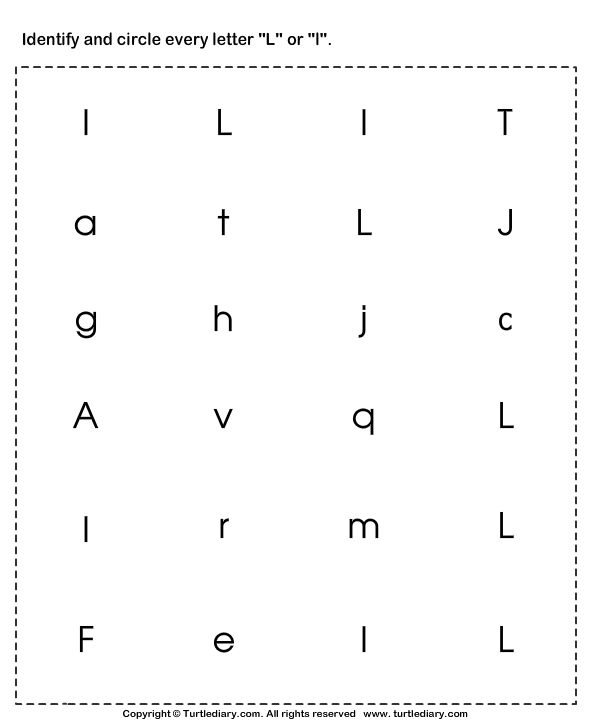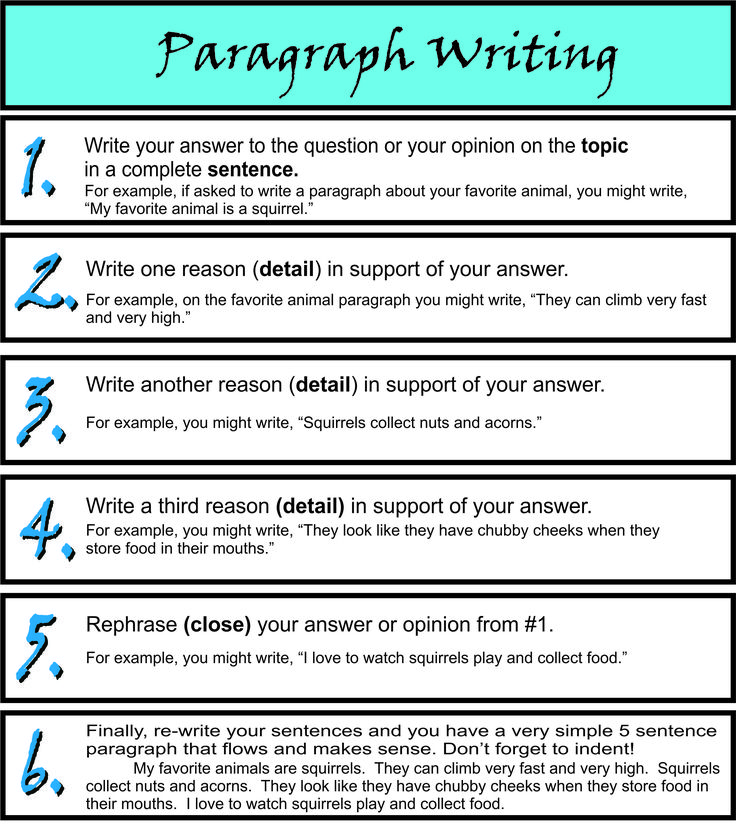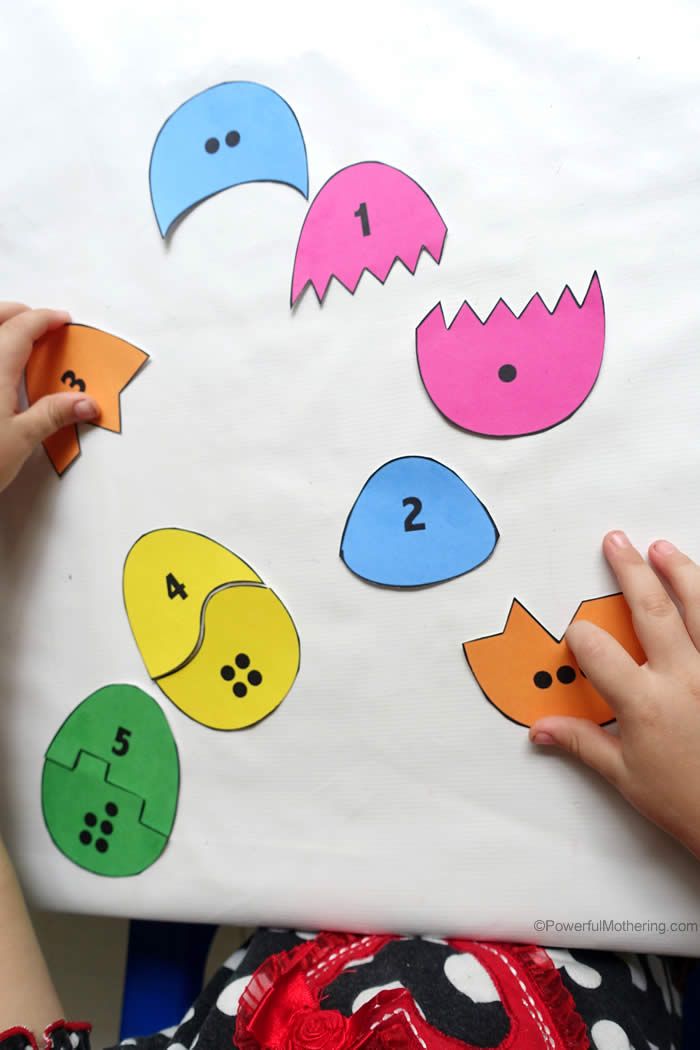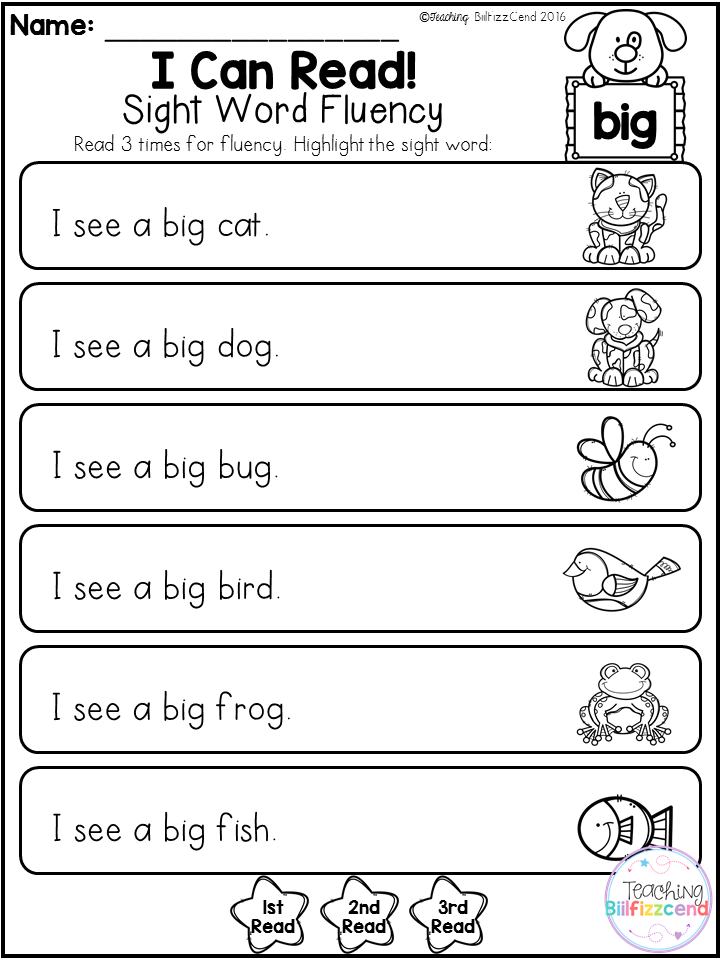Common words that rhyme
Words That Rhyme | A Huge List of 2500+ Incredible Rhyming Words
Sharing is caring!
10377 shares
Are you searching for a list of words that rhyme in English? Rhyming can be a fun and effective way to add musicality and interest to your writing. Whether you’re composing a poem, writing a song, or just looking for words that sound similar, this huge list of more than 1000 English words that rhyme is sure to come in handy. From common rhymes like ‘cat’ and ‘hat’ to more obscure pairs like ‘flour’ and ‘hour,’ you’ll find a wide range of options to choose from.”
Table of Contents
Rhyming Words
What are Rhyming Words?
Rhyming words are words that have the same ending sound. For example, the words ‘cat’, ‘hat’, and ‘rat’ all rhyme because they end with the same sound (-at). Rhyming words are often used in poetry and songwriting to create a musical or rhythmic effect. They can also be used in children’s literature and in other types of writing to add a playful or humorous element.
Things to remember about the difference between rhyming words and homophones:
Rhyming words have different beginning sounds, but have the same vowel and ending sounds, for example: cat/sat/pat/hat, spin/fin/chin/pin, etc. Homophones are words that sound alike but have different meanings and spellings, for example, pain/pane, hi/high/, you/yew/ewe, there/their/they’re, to/too/two.
The Benefit of Using Rhyming Words in Writing
- Rhyming words can create a musical or rhythmic effect in a text, which can make it more enjoyable to read or listen to.
- Rhyming words can add a playful or humorous element to a text, which can be especially effective in children’s literature.
- Using rhyme can help with the memorization and recall of a text.
- Rhyme can also be used as a literary device to create a specific mood or atmosphere in a text.
Rhyming Words | Video
Common Rhyming Words List in English
This is a comprehensive list of words that rhyme in English for your reference. Take a look!
- Ace – Base – Case – Chase – Grace – Lace – Mace – Race – Space – Trace – Face – Place – Brace – Disgrace
- Ad – Add – Cad – Bad – Dad – Glad – Had – Mad – Pad – Rad – Sad
- Age – Cage – Page – Sage – Wage – Engage – Stage
- Aid – Blade – Maid – Parade – Shade – Trade – Upgrade – Crusade – Brigade
- Aim – Blame – Claim – Frame – Game – Lame – Name – Same – Shame – Tame
- Air – Bare – Care – Chair – Compare – Declare – Despair – Fair – Flair – Hair – Pair – Repair – Share – Stair – Swear – Wear
- All – Ball – Call – Ball – Fall – Tall – Gall – Hall – Wall – Maul – Thrall – Brawl – Haul – Install – Small – Stall
- Alliance – Compliance – Defiance – Reliance – Science – Violence
- Amaze – Craze – Daze – Gaze – Haze – Maze – Phase – Raise
- Apple – Chapel – Dapple – Grapple – Snapple – Scrapple – Snapple
- Ask – Flask – Mask – Task – Cask – Bask
- Assist – Consist – Exist – Insist – Persist – Resist – Twist
- Away – Okay – Convey – Bay – Day – Gray – May – Pay – Ray – Sleigh – Spray – Stay – Way
- Awe – Claw – Draw – Flaw – Jaw – Law – Paw – Saw
- Awful – Beautiful – Dutiful – Faithful – Grateful – Helpful – Pitiful – Powerful – Regretful – Respectful – Thoughtful – Wistful – Youthful
- Back – Lack – Stack – Crack – Black – Smack
- Bad – Glad – Mad – Sad – Plaid – Pad – Brad – Clad – Grad – Had – Shad
- Bake – Cake – Flake – Lake – Make – Rake – Shake – Snake – Take – Wake – Break – Brake – Crake
- Ballad – Salad – Palisade – Parade – Crusade – Charade – Brigade
- Balm – Calm – Palm – Qualm – Alm – Bam – Wham
- Ban – Can – Clan – Fan – Man – Pan – Plan – Scan – Span – Tan – Band – Stand – Grand
- Bandit – Candid – Remanded – Standout – Candid
- Bard – Card – Guard – Hard – Lard – Yard – Award – Discord
- Barter – Carter – Charter – Garter – Martyr – Partner – Starter – Tartar
- Bat – Chat – Fat – Flat – Hat – Mat – Pat – Rat – Sat – Splatter – That – Cat
- Bee – Fee – Free – Glee – Key – Knee – Lee – Pee – See – Three – Tree – Wee
- Beef – Chief – Fief – Grief – Leaf – Relief – Thief
- Been – Gin – Grin – Inn – Kin – Pin – Sin – Skin – Spin – Tin – Twin – Win
- Beer – Clear – Fear – Near – Peer – Rear – Seer – Tear – Year – Premier – Bear – Bare – Rare
- Bell – Cell – Dwell – Fell – Gel – Hell – Sell – Smell – Spell – Swell – Tell – Well
- Bend – End – Friend – Mend – Send – Spend – Trend – Blend – Extend – Pretend – Amend
- Bide – Bride – Chide – Glide – Guide – Hide – Ride – Side – Slide – Tide – Inside – Provide
- Bite – Fight – Flight – Kite – Knight – Light – Might – Night – Right – Sight – Tight – Write – Bright
- Blaze – Craze – Daze – Gaze – Haze – Laze – Maze – Phase – Raise
- Blew – Blue – Bloo – Blue – Chew – Clue – Cue – Dew – Do – Drew – Due – Few – Flu – Glue – Drew – Flue
- Bloom – Boom – Brood – Doom – Gloom – Loom – Room – Womb – Tomb – Zoom
- Blurt – Splurt – Assert – Concert – Convert – Desert – Divert – Exert – Flirt – Insert – Overt – Pervert – Revert
- Boar – Four – Roar – Bore – Abhor – Adore – Before – Chore – Door – Floor – Four – More – Pour – Roar – Score – Shore – Snore – Spore
- Boat – Coat – Float – Coat – Dote – Float – Gloat – Note – Quote – Remote – Throat – Vote
- Brain – Chain – Plain – Chain – Drain – Gain – Grain – Lane – Main – Pain – Plane – Rain – Reign – Spain – Sprain – Stain – Strain – Train
- Bread – Spread – Bed – Dead – Dread – Fed – Head – Jed – Lead – Ned – Red – Said – Shed – Sled – Spread – Ted
- Breast – Chest – Arrest – Best – Contest – Crest – Digest – Guest – Infest – Invest – Jest
- Day – Stay – Hay – Pay – May – Lay – Pray – Play – Stay – Jay – Ray – Hay – Bay – Stay – May – Say – Obey
- Hale – Kale – Vale – Male – Whale – Tale – Pale – Pail – Snail – Rail – Nail – Fail – Mail
- Bridge – Fridge – Ridge – Ridge – Privilege – Image – Village – Courage – Refrigerator – Porridge – Luggage
- Soprano – Piano – Kanno – Arpeggio – Casino – Grotto – Inferno – Tornado – Flamenco – Avocado – Morocco
Full Rhyming Words List
Words that Rhyme with Again
- Aim
- Bain
- Bane
- Blaine
- Blame
- Brain
- Cain
- Caine
- Came
- Cane
- Chain
- Crain
- Crane
- Dane
- Drain
- Duane
- Fame
- Fein
- Flame
- Frame
- Gain
- Grain
- Jain
- Kane
- Lain
- Name
- Main
- Maine
- Mane
- Pain
- Pane
- Plain
- Plane
- Rain
- Reign
- Slain
- Spain
- Stain
- Train
- Twain
Words that Rhyme with All
- Hall
- Tall
- Lol
- Wall
- Call
- Paul
- Ball
- Fall
- Y’all
- Crawl
- Mall
- Small
- Brawl
- Stall
- Saul
- Gall
- Sprawl
- Scrawl
- Raul
- Drawl
- Thrall
- Squall
- Shawl
- Nall
- Thall
Words that Rhyme with Alone
- Blown
- Lone
- Zone
- Throne
- Grown
- Don’t
- Known
- Tone
- Bone
- Stone
- Phone
- Shown
- Clone
- Own
- Mon
- Prone
- Drone
- Flown
- Cone
- Chrome
- Roam
- Slone
- Dome
- Home
- Sewn
- Hone
- Joan
- Trone
Words that Rhyme with Away
- A
- Bay
- Clay
- Cray
- Day
- Gay
- Grey
- Hey
- J
- K
- Lay
- May
- Pay
- Play
- Pray
- Ray
- Say
- Slay
- Spray
- Stay
- Stray
- Sway
- They
- Tray
- Way
- Yea
Words that Rhyme with Back
- Bag
- Black
- Brag
- Clack
- Crack
- Drag
- Fag
- Flag
- Hack
- Jack
- Knack
- Lack
- Mac
- Pack
- Plaque
- Quack
- Rack
- Sack
- Shaq
- Slack
- Smack
- Snack
- Stack
- Tag
- Tak
- Track
- Wack
- Whack
- Yak
Words that Rhyme with Blue
- Boo
- Brew
- Chew
- Clue
- Crew
- Do
- Drew
- Due
- Few
- Flew
- Glue
- Grew
- Jus
- New
- Ooh
- Poo
- Que
- Screw
- Shoe
- Soo
- Spew
- Through
- To
- View
- Who
- You
- Zoo
- True
Words that Rhyme with Cat
- Rat
- That
- At
- Flat
- Sat
- Hat
- Fat
- Chat
- Dat
- Bat
- Gat
- Tat
- Spat
- Pat
- Mat
- Lap
- Glad
- Snap
- Pad
- Strap
- Mad
- Dad
- Sad
- Slap
- Cap
- Add
- Map
- Tap
Words that Rhyme with Day
- Bay
- Bey
- Bray
- Brey
- Clay
- Dray
- Gay
- Hay
- Hey
- Lay
- Affray
- Airway
- Allay
- Archway
- Ashtray
- Astray
- Away
- Belay
- Betray
- Birthday
- …
Words that Rhyme with Do
- To
- Who
- Through
- New
- True
- Few
- Crew
- Blue
- Grew
- Que
- View
- Jus
- Screw
- Due
- Clue
- Boo
- Ooh
- Shoe
- Chew
- Flew
- Glue
- Soo
- Spew
- Zoo
- Drew
- Poo
- Brew
- Wu
- Fu
- Stew
- Ku
- Vu
- Mu
- Goo
Words that Rhyme with Dog
- Fog
- Talk
- Walk
- Log
- Chalk
- Blog
- Broad
- Drop
- Top
- Hawk
- Stalk
- Bog
- Cog
- Snog
- Kong
- Op
- Fraud
- Caught
- Lot
- Brought
- Fought
- Wat
- Thought
- Bought
- Taught
- Squawk
- Gawk
- Balk
- Kalk
- Falk
- Sawed
- Flawed
- Caused
- Called
- Ought
- Dong
- Mod
- Sought
- Thawed
- Clawed
- Talked
- Cost
- Walked
- Watched
- Haunt
- Lost
- Tossed
- Soft
- Crossed
- Fault
Words that Rhyme with Down
- Town
- Crown
- Drown
- Clown
- Brown
- Frown
- Gown
- Noun
- Lown
- Baum
- Around
- Downtown
- Playground
- Hometown
- Uptown
- Touchdown
- Shutdown
- Breakdown
- Lockdown
- Countdown
- Meltdown
- Renown
- Showdown
- Sundown
- Rundown
- Motown
- Pronoun
- Facedown
- Comedown
- Crackdown
Words that Rhyme with Dream
- Scheme
- Seem
- Beam
- Team
- Cream
- Steam
- Stream
- Scream
- Theme
- Gleam
- Clean
- Bein
- Screen
- Queen
- Lean
- Green
- Seen
- Teen
- Mean
- Deem
- Meme
- Ream
- Keen
- Sheen
- Spleen
- Jean
- Dean
- Tween
- Plein
- Nein
- Peine
- Wean
Words that Rhyme with End
- Send
- Spend
- Friend
- Bend
- Tend
- Trend
- Lend
- Vent
- Went
- Meant
- Spent
- Sent
- Bent
- Rent
- Blend
- Mend
- Scared
- Slept
- Stepped
- Cared
- Kept
- Dent
- Shared
- Fend
- Stared
- Chest
- Best
- Dressed
- Rest
- Messed
- Held
- Stressed
- West
- Blessed
- Quest
- Test
- Vest
- Pent
- Tent
- Penned
- Guest
- Lent
- Wend
- Ent
- Breast
- Kent
- Melt
- Dealt
- Belt
- Felt
- Wrecked
- Checked
- Est
- Nest
- Dreamt
Words that Rhyme with Eyes
- Skies
- Cries
- Tries
- Size
- Wise
- Lies
- Guys
- Flies
- Prize
- Thighs
- Rise
- Ties
- Highs
- Fries
- Dice
- Rice
- Price
- Twice
- Nice
- Slice
- Ice
- Vice
- Pies
- Spice
- Mice
- Spies
Words that Rhyme with Face
- Grace
- Place
- Pace
- Space
- Race
- Case
- Trace
- Ace
- Chase
- Bass
- Lace
- Mais
- Brace
- Blaze
- Plays
- Ways
- Pays
- Raise
- Stays
- Phase
- Praise
- Haze
- Days
- Maze
- A’s
- Gaze
- Jays
- Lays
- Phrase
- Vase
- Slave
- Save
- Gave
- Brave
- Grave
- Faith
- Wave
- Cave
- Crave
- Glace
- Dace
Words that Rhyme with Go
- So
- No
- Yo
- Oh
- Show
- Flow
- Though
- Blow
- Throw
- Low
- Slow
- Hoe
- Grow
- Bro
- Dough
- Bow
- Snow
- Mo
- Pro
- Toe
- Row
- Ko
- Glow
- Joe
- Whoa
- Po
- Foe
- Crow
Words that Rhyme with Good
- Could
- Stood
- Would
- Should
- Hood
- You’d
- Foot
- Put
- Look
- Shook
- Cook
- Took
- Hook
- Book
- Pulled
- Crook
- Looked
- Pushed
- Hooked
- Soot
- Cooked
- Rook
- Nook
- Brook
- Mook
- Snook
Words that Rhyme with Head
- Lead
- Spread
- Said
- Bread
- Shed
- Bed
- Dead
- Dread
- Fed
- Red
- Med
- Bled
- Thread
- Shred
- Yet
- Bet
- Set
- Jet
- Wet
- Sweat
- Threat
- Debt
- Met
- Let
- Get
- Et
- Net
- Ed
- Pet
- Ted
- Tread
- Fred
- Vet
- Fled
- Sped
- Wed
- Neck
- Tech
- Beg
- Deck
- Leg
- Wreck
- Check
- Ned
Words that Rhyme with Heart
- Smart
- Art
- Part
- Start
- Hard
- Guard
- Yard
- Card
- Scarred
- Sharp
- Fart
- Mark
- Dark
- Shark
- Bark
- Park
- Spark
- Dart
- Chart
- Cart
- Tart
- Mart
- Bart
- Charred
- Barred
- Shard
- Ark
- Lard
- Stark
- Harp
- Clark
- Starred
- Tarp
- Carp
- Tarred
- Marred
- Jarred
- Ard
- Sparred
- Scarp
- Narc
Words that Rhyme with Here
- We’re
- Ear
- Tier
- Seer
- Bier
- Grier
- Seal
- Wheel
- She’ll
- Meal
- Deal
- He’ll
- We’ll
- Real
- Steal
- Feel
- Peel
- Kneel
- Squeal
- Teal
- Zeal
- Eel
- Keel
Words that Rhyme with Home
- Dome
- Chrome
- Roam
- Foam
- Bone
- Zone
- Throne
- Known
- Stone
- Grown
- Blown
- Tone
- Phone
- Lone
- Own
- Don’t
- Shown
- Comb
- Mon
- Gnome
- Tome
- Frome
- Ohm
- Loam
- Yom
- Clone
- Prone
- Drone
- Cone
Words that Rhyme with House
- Mouse
- Spouse
- Blouse
- Mouth
- South
- Couse
- Douse
- Youse
- How’s
- Rouse
- Grouse
- Louse
- Cows
- Clouse
- Sprouse
- Crouse
- Strauss
- Gauss
- Bounce
- Ounce
- Vows
- Aus
- Bows
- Doubts
- Sounds
- Hours
- Pounds
- Rounds
- Clouds
- Clowns
- Shouts
Words that Rhyme with In
- Been
- Win
- Skin
- Sin
- Spin
- Thin
- Twin
- Grin
- Gin
- Pin
- Chin
- Min
- Kin
- Din
- Tin
- Even
- Going
- Mansion
- Lookin’
- Tryin’
- Within
- Feelin’
- Given
- Spittin’
- Makin’
- Mission
Words that Rhyme with It
- Shit
- Hit
- Spit
- Wit
- Sit
- Bit
- Quit
- Fit
- Split
- Pit
- Lit
- Slit
- Kit
- Sip
- Tip
- Rip
- Dip
- Did
- Clip
- Slip
- Grip
- Trip
- Rid
- Whip
- Ship
Words that Rhyme with Know
- So
- Go
- Yo
- Oh
- Show
- Flow
- Though
- Blow
- Throw
- Low
- Slow
- Hoe
- Grow
- Bro
- Dough
- Bow
- Snow
- Mo
- Pro
- Toe
- Row
- Glow
- Joe
- Whoa
- Po
- Foe
- Crow
- Fro
- Quo
Words that Rhyme with Life
- Dive
- Dries
- Drive
- Dykes
- Fife
- Fight
- Find
- Fire
- Five
- Flies
- Flight
- Fries
- Guy
- Style
- Thigh
- Thrice
- Thrive
- Tide
- Tie
- Time
- Tithe
- Trials
- Trice
- …
Words that Rhyme with Love
- Ave
- Bluff
- Blush
- Bove
- Brave
- Breve
- Brush
- Bus
- Buzz
- Calve
- Carve
- Above
- Active
- Agave
- Ages
- Alcove
- Alive
- Anus
- Anxious
- Arrive
- Ashes
- Asses
- Basis
- Because
- Behave
- Belove
- Bogus
- Boxes
- …
Words that Rhyme with Man
- Can
- An
- Than
- Pan
- Fan
- Plan
- Van
- Ran
- Tan
- Dan
- Stan
- Clan
- Ban
- San
- Han
- Span
- Nan
- Scan
- Thang
- Ham
- Sam
- Ang
- Slam
- Damn
- Dang
- Gang
- Jam
- Slang
- Gran
- Am
- Hang
- Bang
- Chan
- Lan
- Jan
- Yan
- Bran
- Fran
Words that Rhyme with Me
- She
- Ski
- Spree
- Squee
- Tea
- Tee
- Thee
- Three
- Tree
- Free
- Gee
- Ghee
- Glee
- He
- Fuzee
- Marquee
- Marquis
- Sunday
- Topee
- Turnkey
- Eighty
- Emcee
- …
Words that Rhyme with Mind
- Kind
- Find
- Wind
- Signed
- Blind
- Grind
- Bind
- Lived
- Lined
- Wired
- Shined
- Christ
- Wild
- Child
- Hind
- Hyped
- Freind
- Climbed
- Rind
- Rhymed
- Pint
- Dined
- Pined
- Twined
- Liked
- Wiped
- Sliced
- Sized
- Timed
- Smiled
- Iced
- Primed
Words that Rhyme with Month
- Runs
- Ones
- Once
- Loves
- Lungs
- Comes
- Bums
- Ups
- Tongues
- Cups
- Drums
- Mums
- Nuts
- What’s
- Sluts
- Cuts
- Guts
- Gloves
- Thumbs
- Thugs
- Drugs
- Slums
- Crumbs
- Fucks
- Bucks
- Sucks
- Clubs
- Blood
- Gums
- Doves
- Bugs
- Slugs
- Hugs
- Sums
- Buds
Words that Rhyme with More
- Your
- For
- Or
- Swore
- Door
- War
- Tore
- Floor
- Sore
- Core
- Score
- Pour
- Nor
- Whore
- Store
- Bore
- Gore
- Shore
- Roar
- Thor
- Chore
- Drawer
- Snore
- Lore
- Spore
- Glore
- Vore
- Paul
- Call
- Fall
- All
Words that Rhyme with Night
- Right
- Height
- Bite
- Might
- Quite
- Fight
- Light
- White
- Bright
- Fright
- Spite
- Flight
- Tight
- Sight
- Sprite
- Kite
- Slight
- Died
- I’d
- Pride
- Hide
- Type
- Fried
- Wide
- Tried
- Ride
- Wipe
- Tied
- Side
- Lied
- Pipe
- Guide
- Cried
- Hype
- Slide
- Plight
- Blight
- Strike
- Mike
- Vibe
- Bike
- Like
Words that Rhyme with Now
- How
- Bow
- Wow
- Pow
- Cow
- Thou
- Vow
- Sow
- Ow
- Chow
- Plow
- Brow
- Tao
- Yow
- Mao
- Frau
- Shao
- Lao
- Rao
- Prow
- Blough
- Somehow
- Allow
- Meow
Words that Rhyme with On
- Non
- Won
- Con
- Don
- John
- Mon
- Spawn
- Han
- Ron
- Bon
- Juan
- Swan
- Mom
- Som
- Palm
- Bomb
- Calm
- Tom
- Bong
- Schon
- Pon
- Tron
- Jaan
- Kwon
- Lon
- Sonne
- Kron
- Chon
- Pran
- Thon
- Prom
- Tang
Words that Rhyme with One
- An
- Been
- Done
- Run
- Gun
- Fun
- Son
- Ton
- None
- Un
- Pun
- Hun
- Spun
- Bun
- Stun
- Rotten
- Cousin
- Justin
- Billion
- Listen
- Fortune
- Someone
- Open
- Reason
- Broken
- Person
- Heaven
- Women
- Vision
- Happen
- Human
- Million
- Given
Words that Rhyme with Orange
- Moons
- Moor
- Moored
- More
- Oar
- Or
- Ore
- Pour
- Pouring
- Raw
- Roar
- Empower
- Endorse
- Ensure
- Explore
- Floor
- Gorgon
- Ignor
- Imbue
- Incor
- Infer
- …
Words that Rhyme with Out
- Drought
- Bout
- Doubt
- Shout
- Route
- Scout
- Pout
- Cloud
- Proud
- Loud
- Crowd
- Clout
- Tout
- Sprout
- Spout
- Trout
- Stout
- Snout
- Gout
- Lout
- Flout
- Grout
- Crout
- Hout
- Fout
- Count
- Shroud
- Vowed
- Drowned
- Bound
- Sound
- Ground
- Round
- Found
- Pound
- Bowed
- Sowed
- How’d
Words that Rhyme with Pain
- Chain
- Stain
- Brain
- Vain
- Rain
- Jane
- Drain
- Sane
- Wayne
- Main
- Train
- Plane
- Lane
- Gain
- Strain
- Slain
- Grain
- Cane
- Bane
- Crane
- Spain
- Dwayne
- Game
- Shame
- Tame
- Frame
- Came
- Flame
- Shane
- Aim
- Fame
- Claim
- Lame
- Name
- Same
Words that Rhyme with Purple
- Verbal
- Circle
- Turtle
- Herbal
- Journal
- Hurtful
- Fertile
- Colonel
- Urkel
- Myrtle
- Hurdle
- Hurtle
- Burble
- Gurgle
- Squirrel
- Thermal
- Apple
- Simple
- People
- Triple
- Couple
- Girdle
- Herschel
- Servile
- Virgil
- Little
- Crystal
- Humble
- Able
- Bible
- Mental
- Total
- Double
- Settle
- Pistol
- Label
- Metal
- Battle
- Bottle
- Bubble
Words that Rhyme with See
- Me
- Be
- We
- He
- She
- Free
- Three
- G
- Key
- E
- Tree
- T
- V
- Z
- Ye
- P
- Knee
- Flee
- Thee
- Spree
- Lee
- Fee
- Only
- Every
- Really
- Money
- Maybe
- Any
- Baby
- Many
- Ready
- Body
- Crazy
- Pussy
- Sorry
- Probably
- Family
Words that Rhyme with Sky
- I
- My
- By
- Why
- Try
- High
- Die
- Fly
- Guy
- Cry
- Lie
- Dry
- Tie
- Shy
- Nie
- Pie
- Vi
- Fry
- Sigh
- Sly
- Spy
- Pry
- Thigh
- Rye
- Ply
- Sty
- Chai
- Spry
- Kwai
- Hye
Words that Rhyme with Smile
- While
- I’ll
- Style
- Mile
- Pile
- Vile
- Trial
- Dial
- File
- Kyle
- Nile
- Bile
- Tile
- Rile
- Guile
- Heil
- Lile
- Zile
- Seil
- Fire
- Wire
- Hire
- Dire
- Ire
- Tyre
- Mire
- Spire
- Squire
- Shire
- Quire
- Lyre
- Skier
Words that Rhyme with Time
- Grime
- Fine
- Climb
- Crime
- Nine
- Sime
- Mine
- Shine
- Chime
- Line
- Thyme
- Dine
- Showtime
- Downtime
- Bedtime
- Meantime
- Sunshine
- Define
- Align
- Online
- …
Words that Rhyme with Two
- You
- Do
- Who
- Through
- New
- True
- Few
- Crew
- Blue
- Grew
- Que
- View
- Jus
- Screw
- Due
- Clue
- Boo
- Ooh
- Shoe
- Chew
- Flew
- Glue
- Soo
- Spew
- Zoo
- Drew
- Poo
- Brew
- Wu
- Fu
- Stew
- Ku
- Vu
- Mu
- Goo
- Pew
- Lou
- Hue
- Rue
- Slew
- Liu
- Skew
- Whew
- Mew
- Thew
- Gue
- Tsu
- Strew
Words that Rhyme with Up
- Cup
- Yup
- Nut
- Slut
- What
- Club
- Gut
- Cut
- But
- Rub
- Shut
- Sup
- Pup
- Dub
- Buck
- Suck
- Stuck
- Luck
- Drug
- Hug
- Fuck
- Ugh
- Thug
- Struck
- Chuck
- Truck
- Duck
- Plug
- Hut
- Tub
- Sub
- Bug
- Rut
- Krupp
- Bump
- Dump
- Pump
- Jump
- Scrub
- Tuck
- Dug
- Strut
- Mutt
- Pub
- Cub
- Tut
- Just
- Blood
- Fucked
- Must
- Mud
Words that Rhyme with Way
- A
- They
- Say
- Day
- Stay
- Play
- May
- Pay
- Yea
- Hey
- Pray
- Lay
- Gay
- Spray
- J
- K
- Slay
- Ray
- Grey
- Bay
- Stray
- Sway
- Cray
- Clay
- Tray
- Fray
- Tae
- Flay
- Chez
- Whey
- Bray
- Vey
- Spay
Words that Rhyme with Work
- Jerk
- Murk
- Lurk
- Smirk
- Perk
- Clerk
- Word
- Third
- Bird
- Heard
- Dirt
- Hurt
- Nerd
- Shirt
- Kirk
- Blurred
- Dirk
- Berk
- Irk
- Cirque
- Quirk
- Turk
- Shirk
- Sterk
- Skirt
- Flirt
- Squirt
- Curb
- Berg
- Herb
- Ferg
- Kurt
- Slurred
- Burst
- Burnt
- Worked
- Current
- Burned
- Thirst
- Learned
- Cursed
- Worst
- Turned
- First
Words that Rhyme with World
- Served
- Curled
- Curved
- Burned
- Learned
- Earned
- Turned
- Hurled
- Swirled
- Twirled
- Whirled
- Burnt
- Current
- Learnt
- Cursed
- First
- Worst
- Worked
- Thirst
- Burst
- Swerved
- Weren’t
- Searched
- Yearned
- Purged
- Merged
- Churned
- Urged
- Surged
- Spurned
- Curbed
- Termed
- Splurged
- Scourged
- Perched
- Jerked
- Lurched
- Dirt
- Third
- Curb
- Hurt
- Bird
- Word
- Shirt
- Heard
- Nerd
- Hurst
- Versed
- Nursed
- Lurked
- Pursed
Words that Rhyme with You
- Chew
- Chou
- Clue
- Crew
- Cue
- Dew
- Drew
- Due
- Few
- Flew
- Flu
- Horseshoe
- Pursue
- Tattoo
- Statue
- Shampoo
- Renew
- Review
- Withdrew
- Yahoo
Rhyming Words in English | Infographic
Page Not Found - English Study Online
We didn't find the posts for that URL.
Latest Posts
Are you searching for a list of words that rhyme with Heart? In this article, we will explore some of the most common and creative words that rhyme with “heart” and provide tips for using them effectively in your writing. Whether you’re a seasoned writer or just starting out, this guide will help you find …
Read More about 200+ Interesting and Nice Words that Rhyme with Heart
Have you ever heard about words that rhyme with world? In this article, we will explore various words that rhyme with “world”, from one-syllable to four-syllable words and many example sentences. Through this exploration, we will gain a deeper understanding of the importance of rhyming and the creative possibilities that words that rhyme with “world” …
Read More about 250+ Best Words that Rhyme with World with Examples
Are you looking for a list of words that rhyme with love in English? Yes, you are on the right page! In this article, you will find and explore the interesting list of many words rhyming with the word “love”.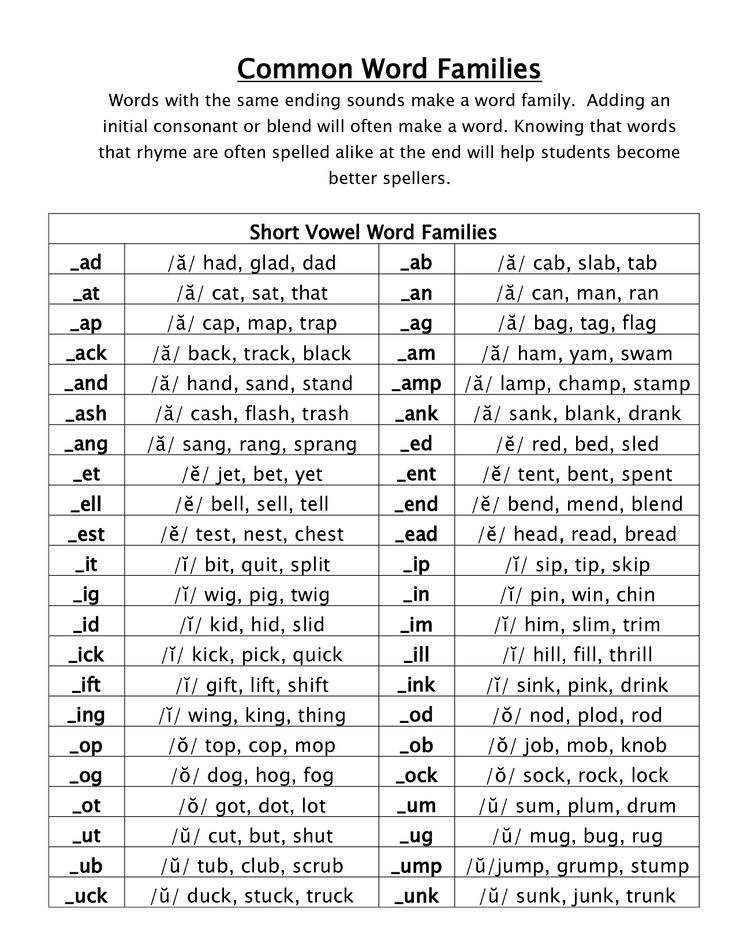 You can use those words in writing poems, songs, or essays. By learning this list, …
You can use those words in writing poems, songs, or essays. By learning this list, …
Read More about 290+ Best Words that Rhyme with Love in English
If you’ve exhausted all your known options for 5 letter words with E in the middle, then you’ve come to the right place. We have a list of words that fit the criteria, with the letter “E” in the middle of the word, represented as “e“. Even if you struggle with finding the right words …
Read More about List of 1000+ Popular 5 Letter Words with E in The Middle
Are you searching for the list of 5 letter words that start with TRO? In this list, we’ve compiled 5-letter words that start with the letters TRO, which are commonly used and easily recognizable. Let’s get started! 5 Letter Words that Start with TRO Learning 5 letter words starting with TRO can expand your vocabulary …
Read More about 44 Useful Examples of 5 Letter Words that Start with TRO
Are you looking for different ways to say Goodbye? Saying goodbye is an integral part of daily communication, and it’s important to have a variety of options to choose from.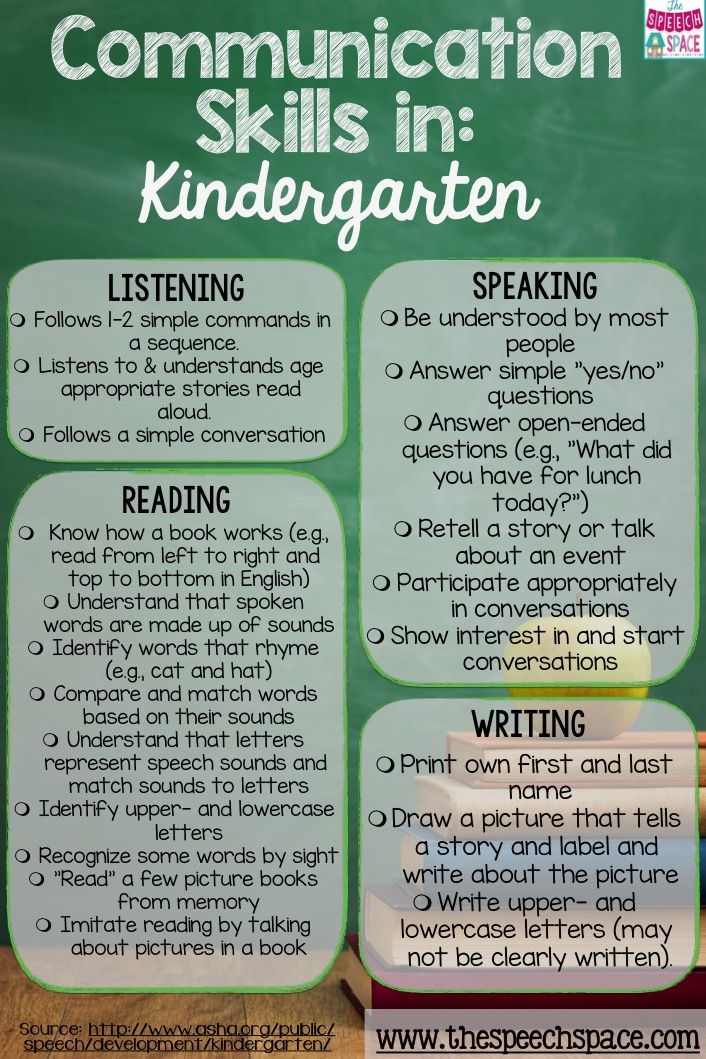 Whether you’re saying farewell in a formal setting or just bidding someone adieu for the day, knowing different ways to say goodbye in English can …
Whether you’re saying farewell in a formal setting or just bidding someone adieu for the day, knowing different ways to say goodbye in English can …
Read More about An Interesting List of 55+ Alternative Ways to Say Goodbye
5 letter words are a staple of the English language and have been widely used in everyday communication, literature, and games such as Crossword puzzles, Wordle Game and Scrabble. In this article, we’ll explore the characteristics, common examples, and uses of 5 letter words to better understand their significance and versatility. What are 5 Letter …
Read More about 5 Letter Words | A Huge List of 3000+ Five Letter Words
Have you ever heard someone say “that’s a bridge too far” and wondered what it meant? This common idiom is used to describe a situation that is beyond what is reasonable or possible. But where did this phrase come from, and how is it used in modern language? In this article, we will explore the …
Read More about A Bridge Too Far: Exploring the Meaning and Origins of This Interesting Phrase
In this article, we will explore the figurative use of “ace in the hole,” as well as the potential negative connotations of relying on a hidden advantage and some example sentences used in different contexts.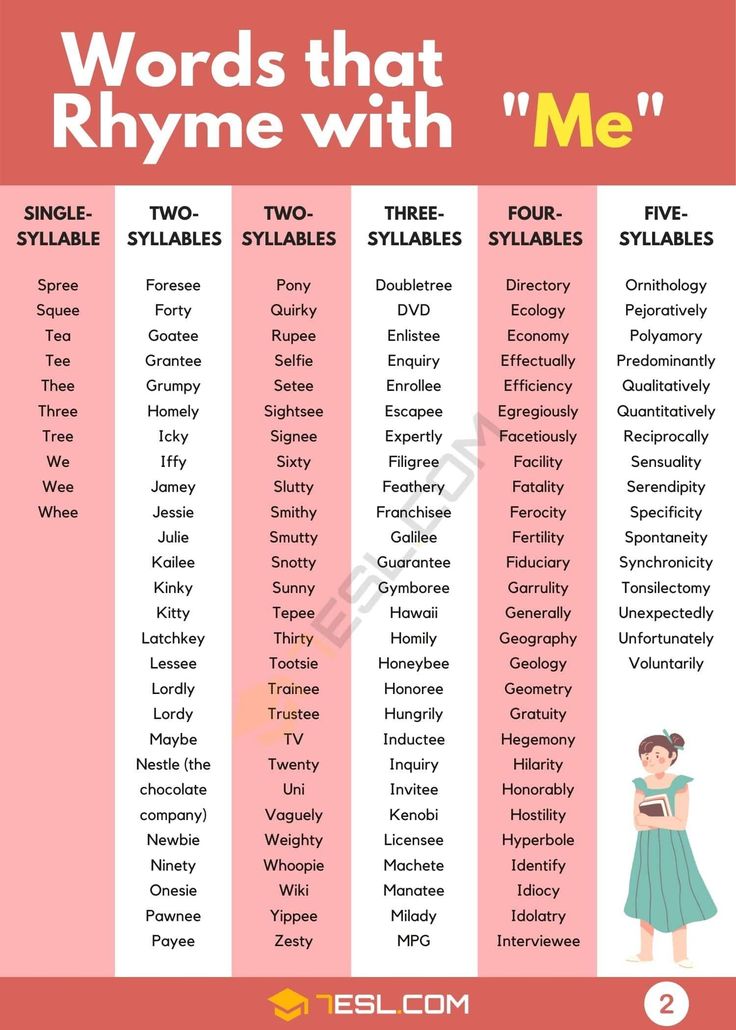 Through a discussion of the history and modern usage of the phrase, we will gain a deeper understanding of its …
Through a discussion of the history and modern usage of the phrase, we will gain a deeper understanding of its …
Read More about Uncovering the Meaning of “Ace In The Hole”: A Guide to This Interesting Idiom
There are eight types of adjectives in English grammar, so it is important to ensure that you use the right type in the right context. We often think of adjectives as ways to describe things in more detail, but they can also be used as determiners. Possessive adjectives are one of the most common types …
Read More about Possessive Adjectives | Definition and Usage | Useful Examples
Mayakovsky's Rhyme - Questions of Literature
M. Stockmar, Mayakovsky's Rhyme "Soviet Writer", M. 1958, 145 pp.
M. Stockmar has been working on V. Mayakovsky's verse for a long time. The researcher has done a huge and painstaking work on the study of Mayakovsky's rhyme, which testifies to the sharp eyesight of a scientist-analyst, who thoughtfully selects the necessary facts.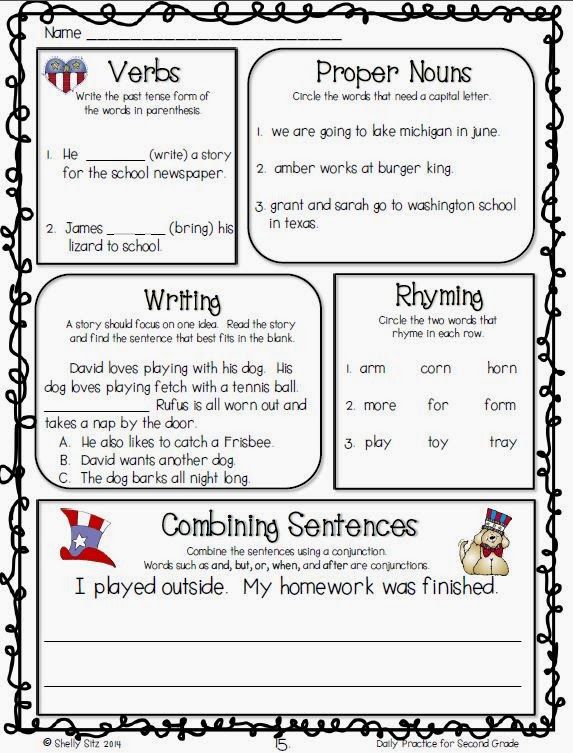 The book has obvious merits - wide attraction and novelty of the material, new interesting conclusions about Mayakovsky's poetic technique.
The book has obvious merits - wide attraction and novelty of the material, new interesting conclusions about Mayakovsky's poetic technique.
M. Shtokmar points to the role of Mayakovsky's acoustic (or, as he calls it, orthoepic) principle of rhyming, in which the poet used "very real sound coincidences that previously remained out of poetic use as a result of the difference in spelling" (p. 30).
Attempts to classify Mayakovsky's rhymes were made even before the study of M. Stockmar (for example, B. Tomashevsky), but such a detailed technological classification was not in the literature of poetry, and its development is the undoubted merit of M. Stockmar.
The introduction of new terms by the researcher to designate previously little-known concepts seems justified: “variation” rhyme (p. 14), “sprayed” rhyme (p. 47), “initial-middle” rhyme (p. 90), “total” rhyme (p. 96), etc. It should be noted that the existence of new concepts has been proven on the basis of rich factual material (for example, the analysis of echoic rhyme on pp.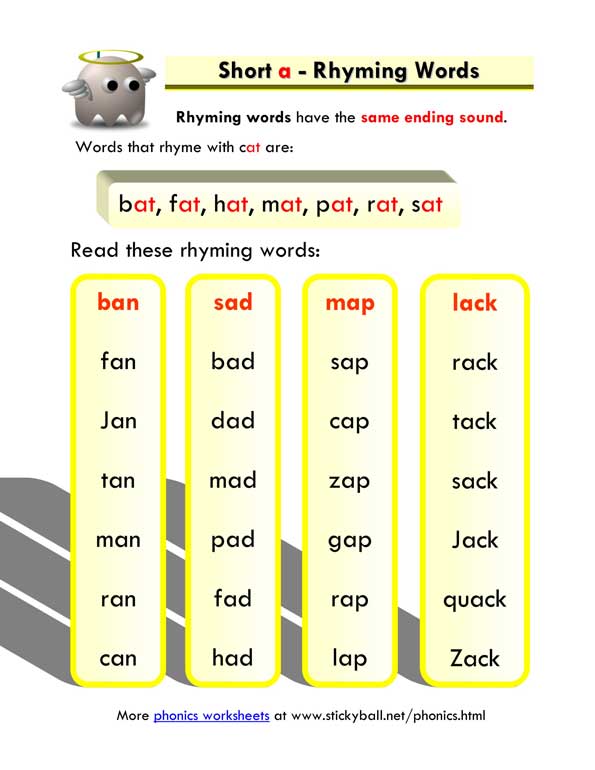 17–22).
17–22).
M. Stockmar seeks to comprehend not only the consonance of endings; he attaches an important role to the analysis of euphony and the instrumentation of verse, showing how closely the various elements of the verse structure are closely connected. Completely new in the Mayakovo literature is the conclusion about the "preparation of rhyme" in the poet's verse, which the researcher came to. Using a large amount of poetic material, he proved that "in Mayakovsky's poems, the "sound preparation" of rhyme from afar, even within a line of poetry, acquires special significance" (p. 51).
As can be seen from what has been said, the book advances the study of not only Mayakovsky's rhyme, but Russian rhyme in general. And yet, despite the obvious advantages, the work does not cause complete satisfaction. This happens for two reasons. The first (not the main one) is that M. Shtokmar's book is sometimes devoid of internal harmony and unity. So, for example, the reasons for the emergence of new types of Mayakovsky's rhyme are revealed in several places (pp.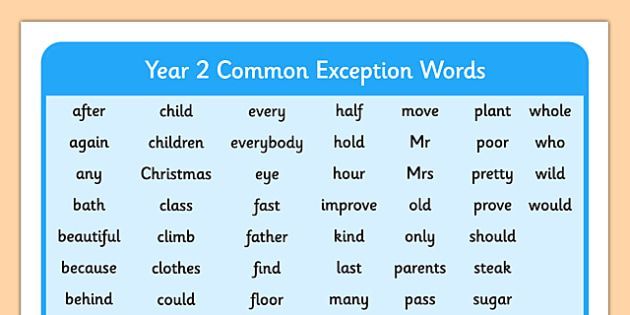 23 - 28, 105 - 107), the poet's innovation in the use of the pre-stressed part of rhyming words is said on pages 30 and 60, etc.
23 - 28, 105 - 107), the poet's innovation in the use of the pre-stressed part of rhyming words is said on pages 30 and 60, etc.
The main reason for dissatisfaction with the book, in my opinion, is that the author has chosen an aspect of research that does not fully reflect the achievements of Soviet literary criticism in the analysis of verse, although the methodology for analyzing poetic technique is original.
For the most part, he takes the linguo-technological aspect of the study, characteristic of Soviet versification of the 20s, in which the prevailing attention is paid to the technological aspects of verse (changes in individual sounds in rhyme, etc.) and, to a certain extent, the aesthetic understanding of the material is underestimated . I say "predominantly" because there is also an aesthetic aspect in the work (an attempt to comprehend Mayakovsky's innovation in the field of verse, an analysis of transfers - on pp. 131 - 132, etc.).
The best works of Soviet versifiers are characterized by the aesthetic and technological aspect of the study, which consists in understanding how the individual components of the verse (rhythm, rhyme, etc.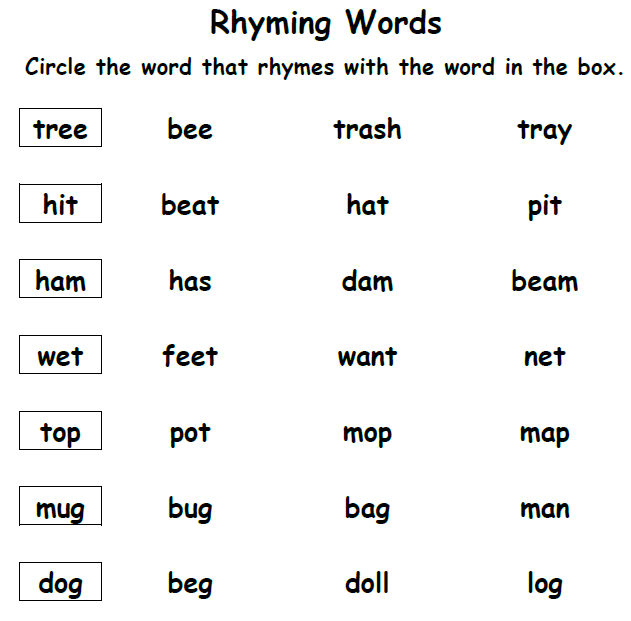 ) are associated with the poetic content, contribute to its expression, being at the same time elements of the poetic technology with its own rules.
) are associated with the poetic content, contribute to its expression, being at the same time elements of the poetic technology with its own rules.
What has been said can be demonstrated by the author's analysis of a compound rhyme. M. Shtokmar carefully traces each technological change on a large number of examples. One would not have to object to this if the author paid more attention to the aesthetic understanding of Mayakovsky's rhymes. Sometimes a researcher simply states a fact, without convincingly proving the stated position: “In cases where Mayakovsky achieves special semantic emphasis, he decomposes the combination (meaning a close phrase. - B.G. .) into component parts and rhymes each of them separately” (p. 84). Seven quatrains are cited to support this position, but none of them has been analyzed. And the reader wants to get an answer to the question: how does semantic expressiveness manifest itself? It awaits concrete analysis.
In another place, the author makes an interesting claim - to analyze how rhyming words are compared on the grounds of direct correspondence and opposite meaning.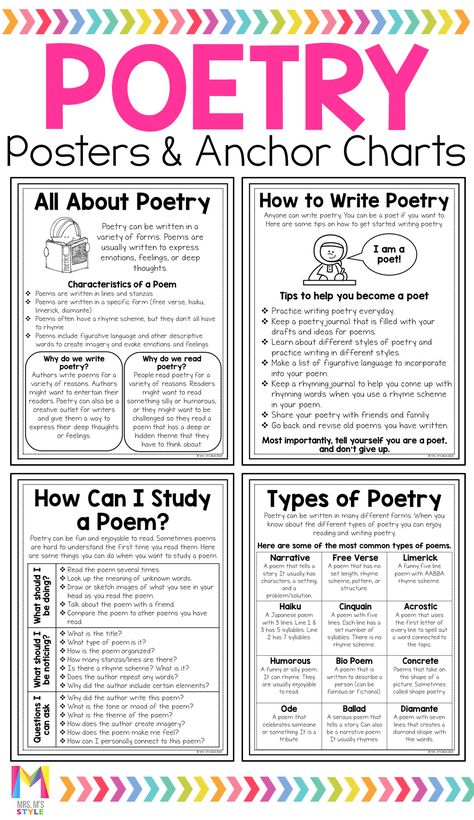 After a brief statement on two pages (26, 28), examples of individual rhymes taken out of context follow (although just now, on page 25, the author recalled the role of context). When the reader looks through the lists of rhymes, he may have perplexed questions: what, for example, is the ratio of the rhymes "samo - Komsomol", "eye - stengaz" (p. 27). What is it - correspondence or opposite? Or maybe neither?
After a brief statement on two pages (26, 28), examples of individual rhymes taken out of context follow (although just now, on page 25, the author recalled the role of context). When the reader looks through the lists of rhymes, he may have perplexed questions: what, for example, is the ratio of the rhymes "samo - Komsomol", "eye - stengaz" (p. 27). What is it - correspondence or opposite? Or maybe neither?
Predominant adherence to the linguo-technological aspect of the analysis led to the fact that the most important problems of Mayakovsky's rhyme did not receive full coverage. The author did not pay due attention to the semantic expressiveness of rhymes of the poet.
It seems that when analyzing the semantic meaning of Mayakovsky's rhyme, one should be guided by the following premises: to approach each example concretely; do not necessarily try to "squeeze out" a certain semantic meaning from each rhyme. It should be borne in mind that the most important words in terms of meaning are by no means always necessarily placed at the end of the line.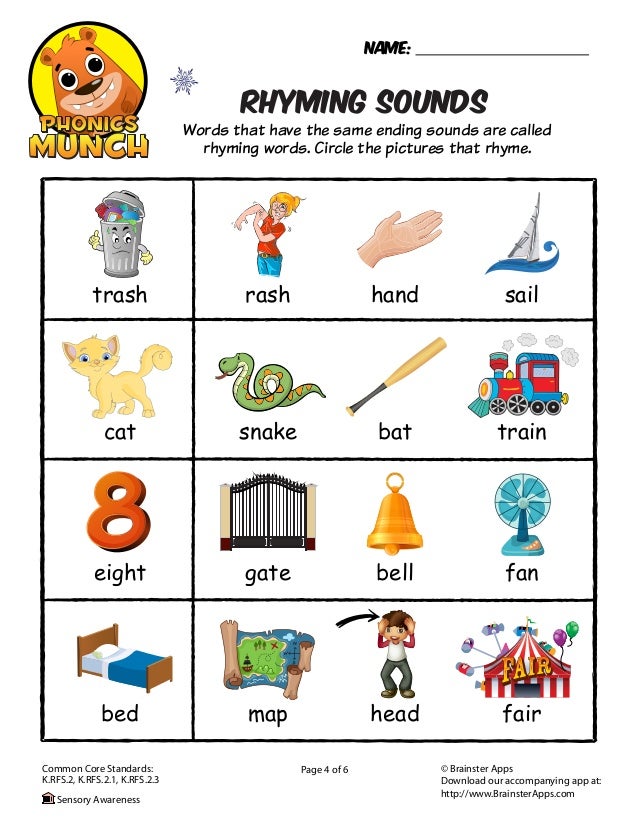 It's is a poetic tendency, therefore, only with a specific analysis can one find out what semantic meaning this or that rhyme has.
It's is a poetic tendency, therefore, only with a specific analysis can one find out what semantic meaning this or that rhyme has.
Two cases are possible. Firstly, rhyme, correlating various concepts during repetition, linking them in our minds with a sound call, contributes to the expression of the main thoughts contained in certain stanzas. In this case, a kind of “echo” of the main idea of the stanza is formed in the rhyme, because additional attention is drawn to the words put in rhyme. Concepts do not always collide according to the principle of correspondence, similarity or opposition. In some rhyming words, the concepts are not opposite, but mutually exclusive.
Rhyme cannot directly express certain concepts, it only has the ability to fix them in consonance and thus make people pay attention to them. Of course, to a large extent, the correlation of concepts would occur even without rhyme, but rhyme helps, promotes such a correlation. Concepts very rarely correlate in a straight line, without associativity.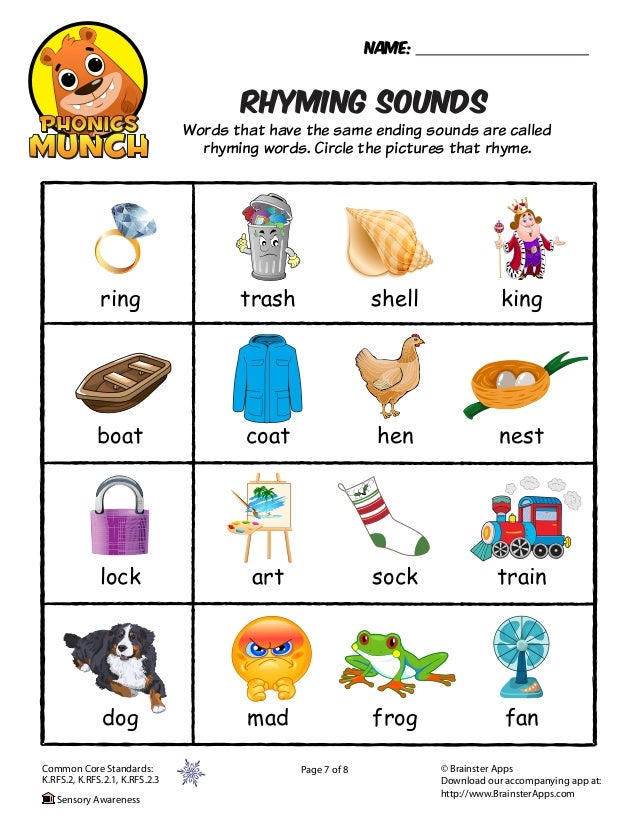
Secondly, another poetic tendency is manifested to a greater extent, when the “focus” of the main thought of the stanza is, as it were, formed in rhyme. This tendency is expressed in the fact that words collide in rhyme, the most important in the meaning of the given stanza, bearing the main semantic load. Again, a strictly concrete approach is needed, because sometimes rhymes contain words that do not carry a semantic load, and an attempt at analysis in this case can lead to vulgar sociologism. Sometimes these two tendencies merge.
Another important problem remained without a satisfactory answer - the reason for the appearance of new types of Mayakovsky's rhyme.
M. Shtokmar tries to explain Mayakovsky's innovation in the field of rhyme by the influence of vocabulary that emerged after 1917. “A poet who put his work at the service of the revolution,” the author writes, “needed to master a lot of words related to the construction and defense of the proletarian state .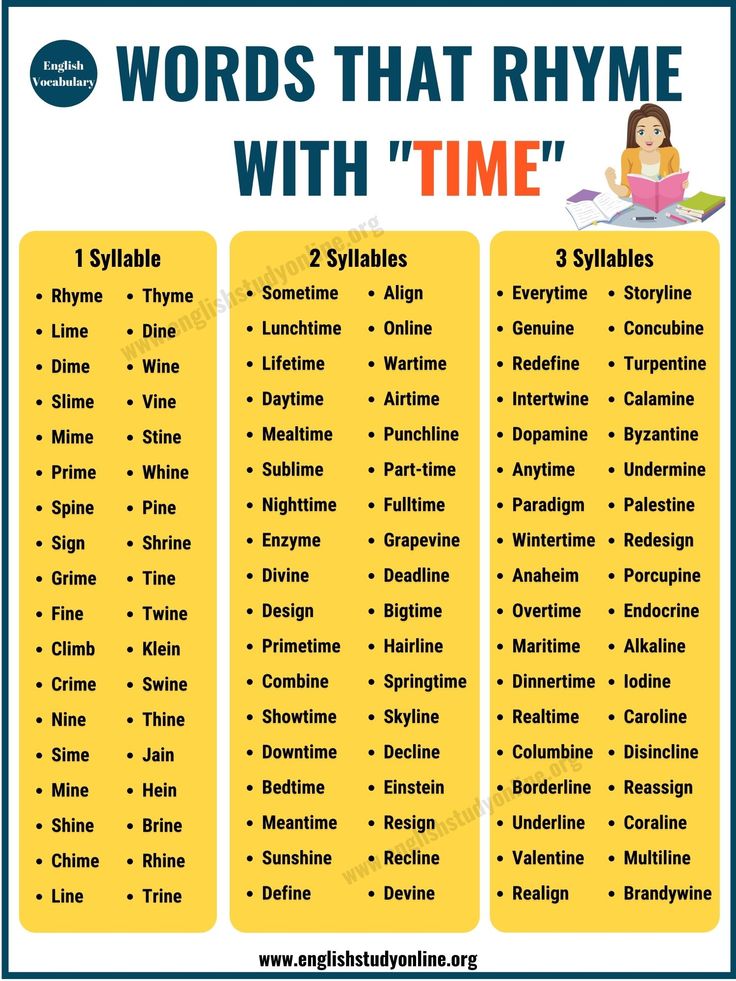 ..” (p. 22). But since "Mayakovsky's rhyme is saturated with meaning," "the poet had to "get" a number of new rhymes for words that, in connection with the revolution, replenished the vocabulary of the Russian language" (p. 23). So, innovation arose because after 19At the age of 17, Mayakovsky needed to select a rhyme for new words. Such a “lexical” explanation of innovation raises a number of perplexing questions: Mayakovsky had new ways of rhyming even before the revolution, when there were not many words that appeared later. By the way, the words listed on page 22 were mostly known to the poet even before the revolution. Before 1917, was Mayakovsky not familiar with the words "revolution", "socialism", "communism", "dictatorship", "revolt", "proletarian", "Bolshevik", etc.? Not only was he familiar, but he also used it in rhyme (for example, "stubby - revolutions" in "Cloud"). Therefore, a lexical explanation of innovation is by no means sufficient.
..” (p. 22). But since "Mayakovsky's rhyme is saturated with meaning," "the poet had to "get" a number of new rhymes for words that, in connection with the revolution, replenished the vocabulary of the Russian language" (p. 23). So, innovation arose because after 19At the age of 17, Mayakovsky needed to select a rhyme for new words. Such a “lexical” explanation of innovation raises a number of perplexing questions: Mayakovsky had new ways of rhyming even before the revolution, when there were not many words that appeared later. By the way, the words listed on page 22 were mostly known to the poet even before the revolution. Before 1917, was Mayakovsky not familiar with the words "revolution", "socialism", "communism", "dictatorship", "revolt", "proletarian", "Bolshevik", etc.? Not only was he familiar, but he also used it in rhyme (for example, "stubby - revolutions" in "Cloud"). Therefore, a lexical explanation of innovation is by no means sufficient.
More fruitful is the author's search for innovation in Mayakovsky's "democratization of verse" (p.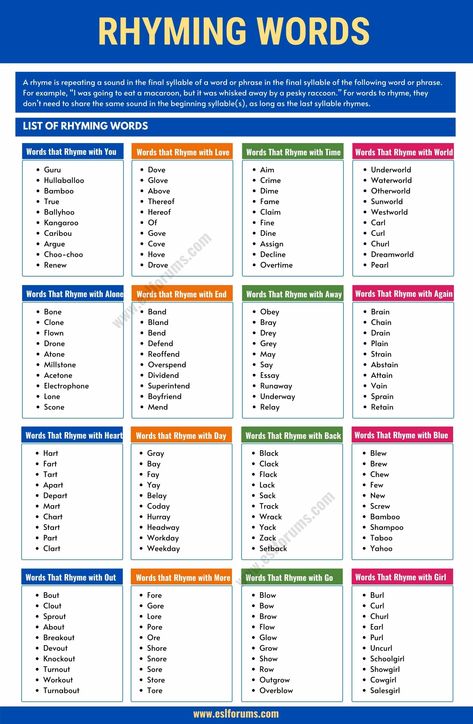 105). But here, too, M. Shtokmar focuses on vocabulary, “linguistic style”; on pages 108 - 116 it is traced how the poet uses colloquial words in rhyme. But the "peculiarities of the language" (p. 106) also apply to prose speech.
105). But here, too, M. Shtokmar focuses on vocabulary, “linguistic style”; on pages 108 - 116 it is traced how the poet uses colloquial words in rhyme. But the "peculiarities of the language" (p. 106) also apply to prose speech.
Sometimes you can hear: "Mayakovsky's new rhyme appears because the poet needs to express new content." But such statements will remain general words until it is revealed how the new content is reflected in the structure of the verse.
The origins of Mayakovsky's innovation should be sought in the specificity of verse as an expressive system of speech with its own sound organization, which is realized in a specific pronunciation.
Verse implies a special perception, different from the perception of prose speech. When perceiving a verse, the attention of the reader or listener is sharpened. The listener reacts not only to semantic changes, but also to changes in individual components of the sound structure (rhythm, rhymes, etc.). When perceiving a verse, linguistic errors in form and poetic technique are more striking.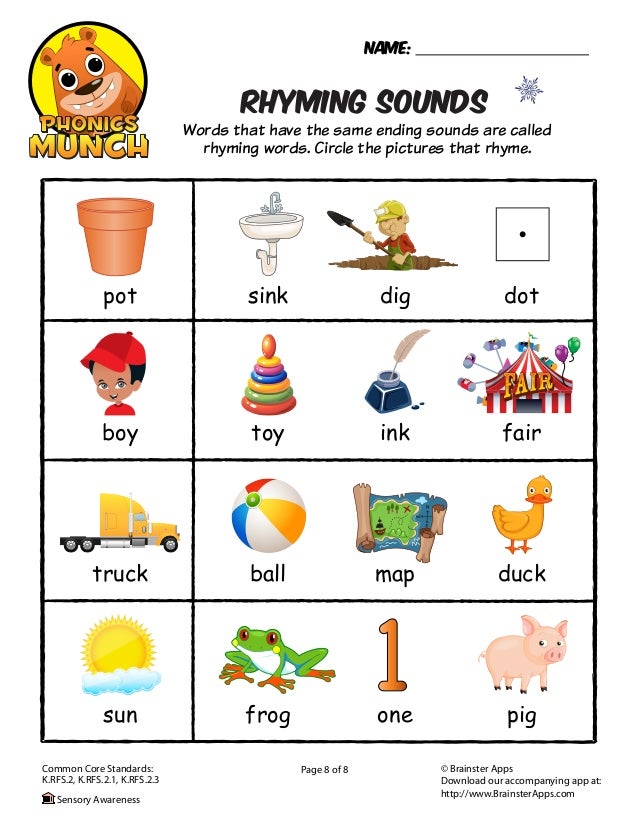
In the article “Our verbal work”, Mayakovsky pointed out that the armament with new poetic devices is “not an aesthetic end in itself, but a laboratory for the best expression of the facts of our time” (vol. II, M. 1939, p. 498).
Mayakovsky's innovation in the field of rhyme is explained by the fact that Mayakovsky consciously rebuilt the verse structure to better express the poetic content. The poet took into account that the constant use of traditional rhymes (as well as “meters”) in a poetic work leads to the fact that when reading, you begin to pay attention not to the content of the poetic work, but to the repetition, monotony and grayness of the rhyme (cf. Mayakovsky’s statement about rhyme “ sobriety - playfulness").
Mayakovsky's verse is specific, because, as M. Shtokmar noted, it is designed for a special pronunciation, the relationship between words is of a different nature than, for example, in Pushkin's poetry, each word sounds more full-bodied and is separated by a special pause.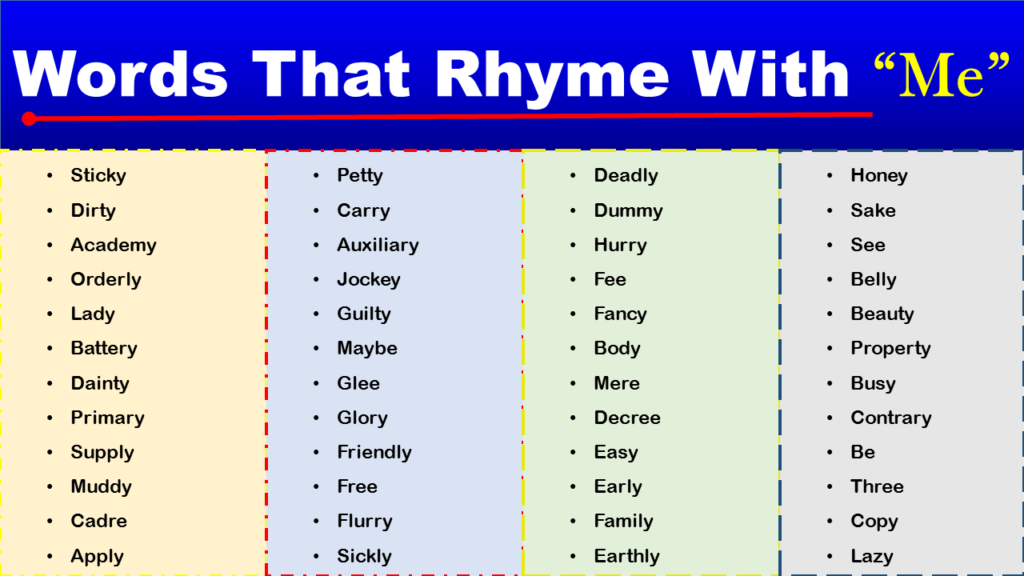 Since special pauses appear in Mayakovsky's verse, the connection between words weakens, becomes less tangible, the "melodiousness" of the verse disappears, and the role of rhyme as an organizing factor increases. Therefore, Mayakovsky said that without rhyme, "verse ... will crumble."
Since special pauses appear in Mayakovsky's verse, the connection between words weakens, becomes less tangible, the "melodiousness" of the verse disappears, and the role of rhyme as an organizing factor increases. Therefore, Mayakovsky said that without rhyme, "verse ... will crumble."
A conscious orientation towards a specific pronunciation led to an increasing emergence of pronunciation (acoustic) rhyme, and the strengthening of the organizing function of rhyme led to an increase in the degree of support , that is, the number of common sounds to the left and to the right from the reference vowel sound (M. Stockmar speaks only of an increase in the number of common sounds to the left).
The question of the connection between rhymes and 9 almost does not appear in the researcher's field of vision0003 rhythm in Mayakovsky's verse. In addition to strengthening the organizing function of rhyme, the importance of rhyme as a rhythm factor increases in Mayakovsky's verse.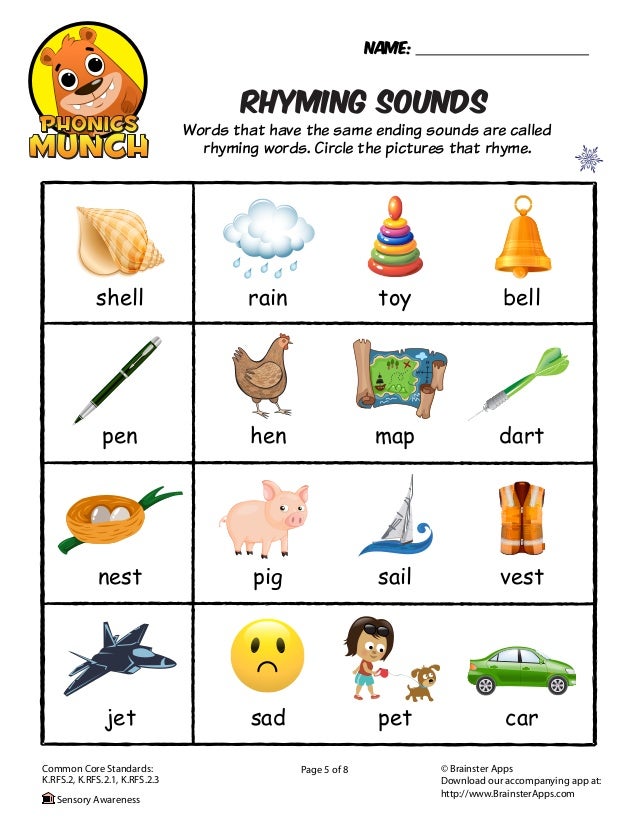 Rhyme, interrupting the smooth flow of poetic speech, divides it into verses, forming the primary rhythm of verses. The peculiarity of this function of rhyme in Mayakovsky's verse has not been revealed.
Rhyme, interrupting the smooth flow of poetic speech, divides it into verses, forming the primary rhythm of verses. The peculiarity of this function of rhyme in Mayakovsky's verse has not been revealed.
Some of the terms used by the researcher are not disclosed. The author uses the word "inaccuracy" (p. 38), speaks of "inaccurate rhyme" (p. 42). But what is "inaccuracy" as a category of poetry and what is the aesthetic meaning of this category? The question of the classification of Mayakovsky's rhyme from a sound point of view remained unanswered. Is the existing highly controversial classification into "exact" and "inexact" rhyme applicable to Mayakovsky's rhyme?
The author did not say enough about the achievements of his predecessors. So, for example, the provision on page 30 on how the role of the pre-stress part of consonance increases in Mayakovsky's rhyme was first formulated by V. Zhirmunsky 1 , and then developed by V. Bryusov 2 , and this should be pointed out.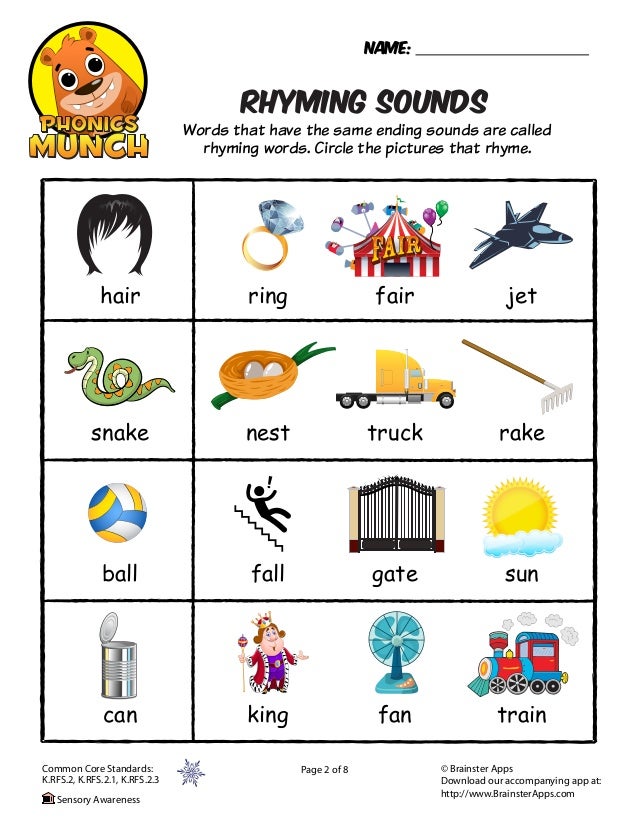
As can be seen from what has been said, M. Shtokmar's book, which on the whole is very useful for Soviet versification, contains shortcomings, as well as controversial and insufficiently proven provisions.
- V. Zhirmunsky, Rhyme, its history and theory, Pg. 1923, p. 218. [↩]
- V. Bryusov, On Rhyme, "Press and Revolution", 1924, N 1, pp. 116 – 117. [↩]
All exceptions of the Russian language for the Unified State Examination in one article
The exam does not check knowledge of existing rules, but their nuances. This is where the difficulty of the exam lies. Especially often the nuances are checked in spelling tasks (No. 9-15).
Exceptions in the roots of words
The spelling of the roots is checked in task No. 9. At the same time, there are three types of orthograms:
- unstressed checked vowels,
- unstressed unchecked vowels,
- alternation.
Most often, exception words in Russian belong to the roots of the latter type.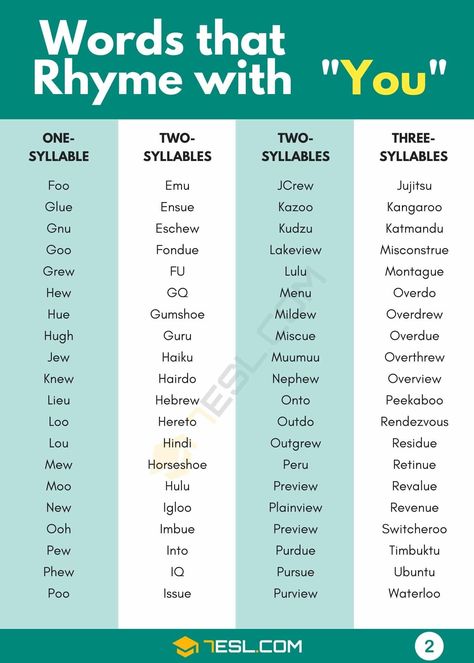 In addition to the main exceptions, it is also important to remember that the vowel that is heard is always written under the stress. However, any words that are exceptions in Russian to the rule for alternations still contain an alternating vowel.
In addition to the main exceptions, it is also important to remember that the vowel that is heard is always written under the stress. However, any words that are exceptions in Russian to the rule for alternations still contain an alternating vowel.
Task #9The USE in Russian is formulated in such a way that in the answer you need to indicate the line numbers, all the words of which contain a vowel of a certain type (that is, one of the three spellings given above). That is, words with a complex root containing two or more unstressed vowels can fall under several types and fit different tasks. For example, metaphorical - two unverifiable and one verifiable, which means it will fit two types of formulations: if they are looking for both verifiable and unverifiable, this word will be searched for both there and there.
Exceptions in prefixes
The spelling of prefixes is checked in task No. 10. Errors occur mainly due to several nuances.
The first and most important of these are roots beginning with -and-, after prefixes.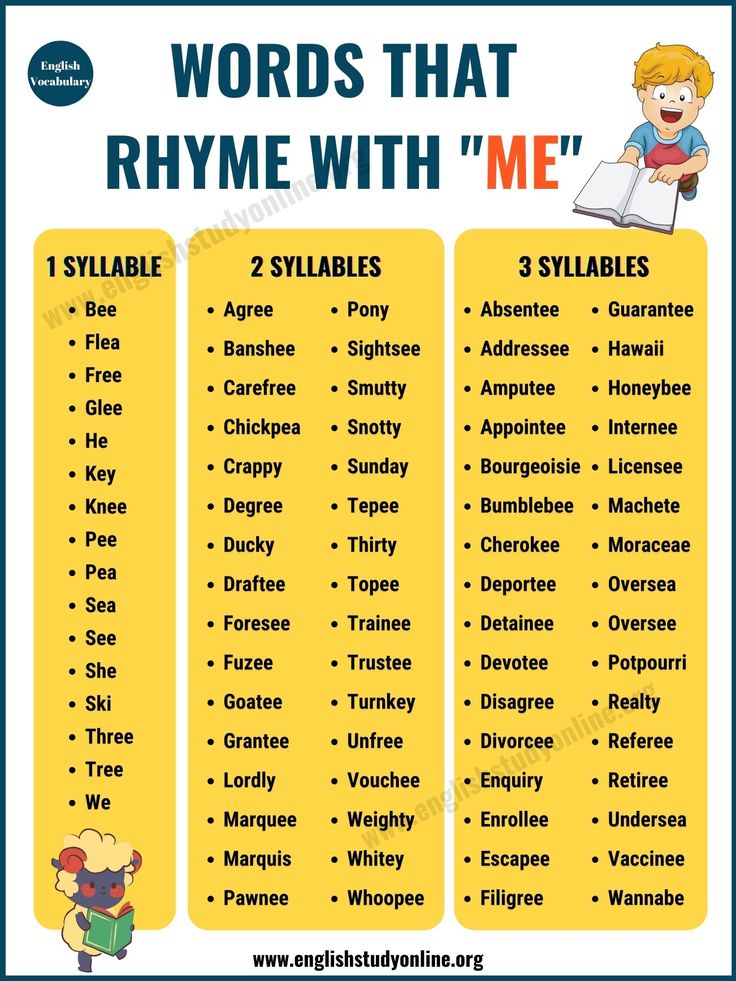 The vowel -i- after Russian prefixes changes to -ы-: for example, the name is nameless. The exception is the verb "to charge".
The vowel -i- after Russian prefixes changes to -ы-: for example, the name is nameless. The exception is the verb "to charge".
The second nuance is the spelling of prefixes pra- and pro-. The prefix pra- has the meaning of antiquity or affinity, in all other cases the prefix pro- will be attached. Difficulties may arise with the word "prototype". In the exam, it always uses the prefix pro-.
The third nuance is such exception words in Russian as homophones with prefixes pre- and pre-. The spelling of such prefixes is checked solely by the value.
Exceptions in suffixes
The spelling of suffixes is checked in task No. 11. The most difficult part of this assignment is writing -iva-/-eva- in verbs. When the suffix -va- is stressed, the same letter is written in front of it as in the infinitive: for example, merge - merge, overcome - overcome. In an unstressed position, -iva- / -yva- is always written. However, there are exceptions to this rule in Russian.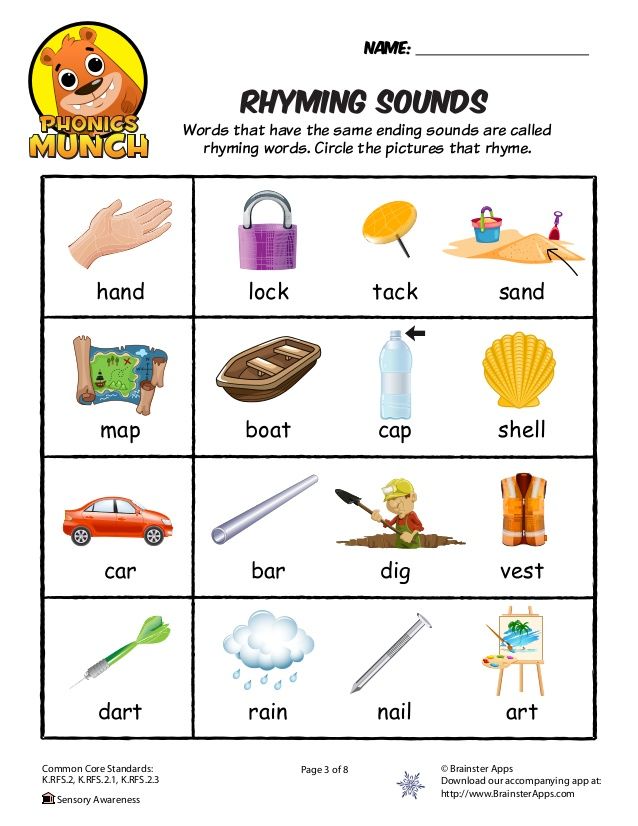
There are also exception words in adjective suffixes in Russian, which are checked at the USE. They concern the suffixes -ev / -iv- (without the accent -ev-) and -ensk- / -insk- (-insk- in adjectives from the stem to -in-, -i-, -a-).
Exceptions in endings
The spelling of endings is checked in task No. 12, that is, the task for conjugations. The second conjugation mainly includes verbs ending in -it, the first - all the rest. Exceptions to this rule rhyme well, so various poems are used to remember them. However, the difficulties do not end there.
There are also exception words in Russian that are conjugated quite differently from the rule. First of all, these are multi-conjugated verbs, the personal endings of which correspond to two conjugations at once:
- to run,
- to want,
- to disdain.
And in the second place - verbs with a stressed ending or prefix you-. To determine their conjugation, such verbs are conjugated: with a stressed personal ending, the conjugation is determined by it, with an unstressed one, by the end of the infinitive.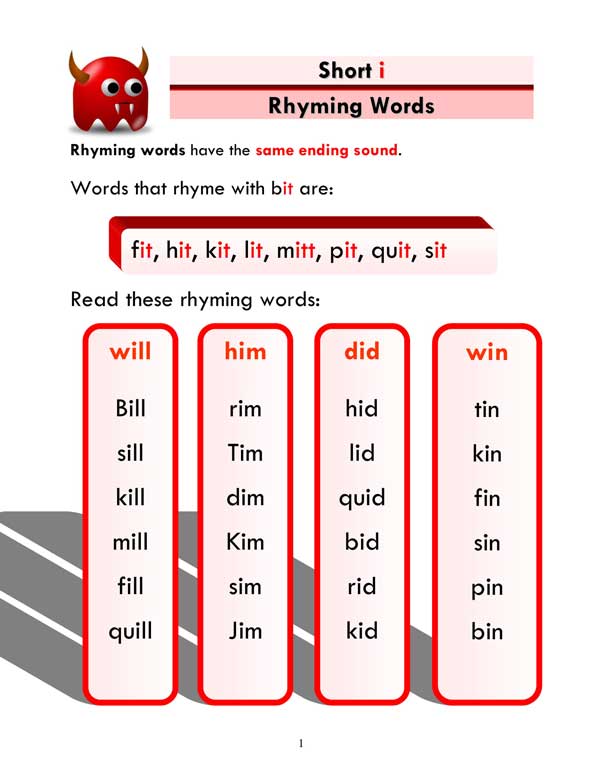
Separately, you should pay attention to verbs ending in -yat, which are often mistaken: cherish, sow, cough, etc. But the verb "glue" is written through -and-!
Exceptions in the continuous and separate spelling of words
The continuous and separate spelling of words is checked in tasks No. 13 and No. 14. If in the first issue the spelling of NOT and NI with different parts of speech is interesting, then in No. 14 the spelling of all words is checked.
Exception words in Russian required for task No. 13 are adverbs of measure and degree and words that reinforce negation. As for the former, the word following such adverbs is written together with NOT, and the adverbs with NOT are written separately: absolutely unpleasant, but! not entirely pleasant. After the words that reinforce the negation, NOT is written separately: far from pleasant.
However, there are other exceptions in Russian that are required to complete task No. 14. The easiest way to remember them is through set expressions:
Exceptions in writing capital letters
The most difficult thing in writing lowercase and uppercase letters is the spelling of possessive adjectives: adjectives with the suffix -sk- are written with a small letter if they are not a name.